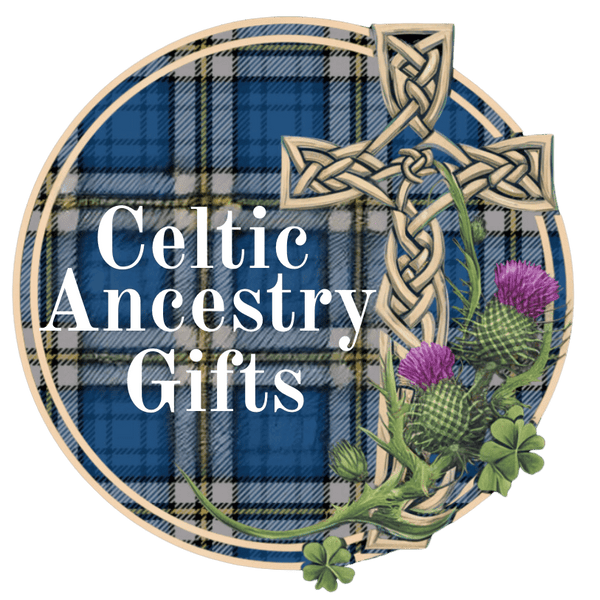
A History of Clan Duncan: From Warriors to Royalty
Share
The Origins of Clan Duncan: From Gaelic Roots to Scottish History
The history of Clan Duncan, like many Scottish clans, is deeply intertwined with the turbulent landscape of the Highlands and the shifting tides of power. The name Duncan is of Gaelic origin, meaning 'dark warrior,' and its origins trace back to the ancient Irish dynasty of the Dál Riata. This kingdom, which stretched across parts of modern-day Ireland and Scotland, played a pivotal role in shaping the early history of both nations.
The Dál Riata's influence on the Scottish landscape is undeniable. Their kings, bearing names like Fergus Mór and Conall, established themselves as powerful figures, forging alliances and engaging in conflicts that would define the trajectory of early Scotland. It's within this lineage, during the 10th century, that we encounter the first recorded mention of Duncan, a prominent figure who would become known as Duncan I, King of Scotland.
Duncan I: A King of Legend and Tragedy
Duncan I, who reigned from 1034 to 1040, is a figure shrouded in both legend and historical fact. His reign, though short, left a lasting mark on Scottish history. He's often depicted as a just and benevolent ruler, a contrast to the ruthless Macbeth, who ultimately usurped his throne. The historical accounts of Duncan's life, intertwined with the dramatic events of the play Macbeth by William Shakespeare, have cemented his place in Scottish lore.
While the play presents a romanticized version of events, it's important to understand the historical context of Duncan I. His reign saw Scotland struggling to establish itself as a unified kingdom. He faced threats from both within and outside his borders, and his efforts to consolidate his power ultimately ended in tragedy. His assassination, orchestrated by Macbeth, became a defining moment in Scottish history, a pivotal point that marked the beginning of a tumultuous era.
The Rise and Fall of Clan Duncan
The descendants of Duncan I, the line of King Duncan, continued to play significant roles in Scottish history. Their influence, however, diminished over time, as the landscape of power shifted. The clan name, Duncan, became synonymous with numerous families throughout the Highlands, often forming alliances and vying for control in a complex tapestry of clan rivalries.
Notable Members of Clan Duncan
Throughout its history, Clan Duncan has produced notable figures who have contributed to the cultural and historical fabric of Scotland. Some of the most prominent include:
- Duncan I, King of Scotland (1034-1040): As the first king of this name, Duncan I's reign, while short, marked a crucial point in Scottish history.
- Duncan II, King of Scotland (1094-1095): Another figure with a short reign, Duncan II was the son of Malcolm III, a notable king who helped to unify Scotland. His reign was marked by internal strife and a struggle for power.
- Duncan Campbell of Glenorchy: This figure was a 15th-century clan leader who played a pivotal role in the expansion of Clan Campbell, a major power in the Highlands.
Clan Duncan in Modern Times
In contemporary times, Clan Duncan remains a vital part of Scottish culture. While the clan system is no longer held in the same political and social sway as it was centuries ago, the sense of community and pride that defines the clan spirit persists. Many descendants of Clan Duncan continue to trace their lineage back to their ancestral roots, preserving a heritage rich in history and tradition.
Understanding the History of Clan Duncan
Delving into the history of Clan Duncan is more than just an academic exercise. It's a journey through the heart of Scotland's tumultuous past, revealing stories of power, struggle, and resilience. By understanding the origins, the rise, and the lasting influence of Clan Duncan, we gain a deeper appreciation for the complexities and richness of Scottish history.
From the ancient Dál Riata to the present day, the legacy of Clan Duncan continues to resonate. It's a testament to the enduring spirit of a people who have shaped the landscape of Scotland through generations, leaving behind a heritage that continues to inspire and connect generations of descendants.
